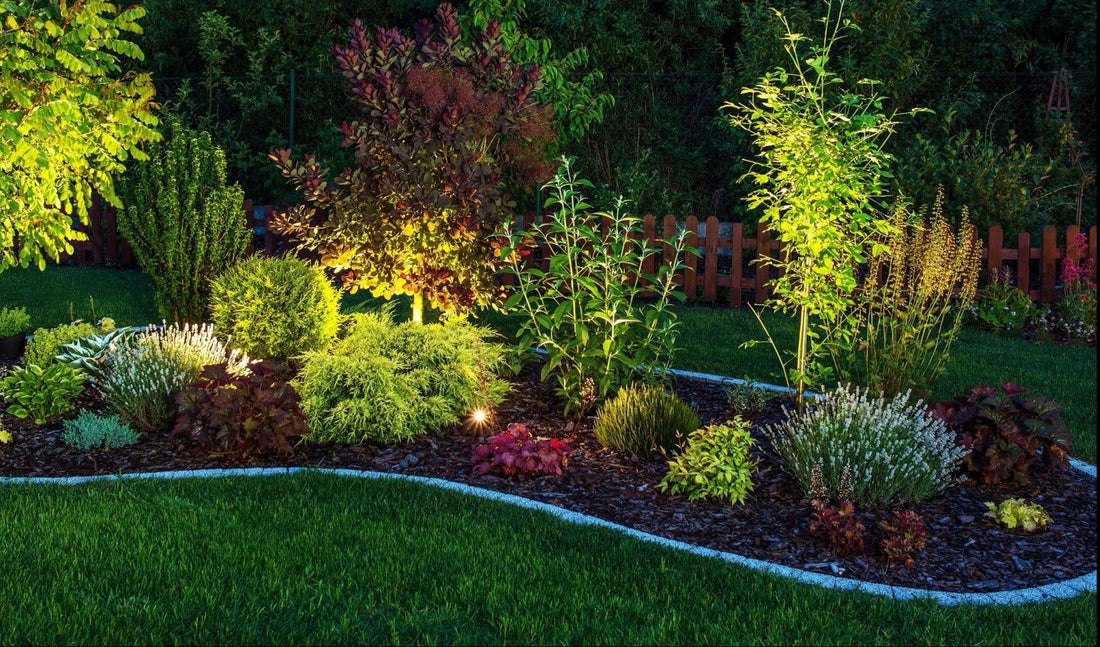
Recycling hedge trimmings: why is it really a good idea?
Share
Instead of throwing away these green wastes, shredding them and reusing them as mulch can offer a multitude of benefits. Here's why this practice is not only beneficial for the environment, but also for your garden.
1. Reduction of green waste
When you trim your hedges, you accumulate a significant amount of branches, twigs, and leaves. Recycling this waste on-site as mulch allows you to significantly reduce the amount of waste you need to transport to a recycling center. This lowers the costs associated with green waste management and reduces the environmental impact of transportation. Fewer truck trips also mean less pollution!
2. Improving soil fertility
Mulching hedge clippings naturally enriches the soil. As branches and leaves decompose, they release nutrients that improve soil structure and fertility. This process also helps stimulate the activity of microorganisms and earthworms, which play a vital role in soil health. Mulching therefore allows you to nourish your plants without resorting to chemical fertilizers.
3. Retain moisture and save water
One of the great benefits of mulching is its ability to retain moisture in the soil. By forming a protective barrier, mulch reduces water evaporation, helping to maintain consistent moisture around plants. During hot weather, this helps reduce the frequency of watering, saving valuable water, especially in drought-prone regions.
4. Weed control
Mulching also plays a key role in weed control. By covering the soil around your hedges or other plantings with a thick layer of mulch, you prevent weeds from germinating by blocking access to light. Fewer weeds means less weeding, saving you time and reducing the need to use chemical herbicides.
5. Thermal insulation of the floor
In both summer and winter, mulch acts as an insulator for the soil. In summer, it protects the roots from rising temperatures, preventing excessive heat from stressing the plants. In winter, it acts as a blanket that protects the soil from frost, which is particularly useful for fragile plants.
6. Aesthetics and structure of the garden
Mulch made from hedge trimmings gives your garden a neat and natural look. Unlike store-bought mulches, which are often uniform and sterile, mulch made from your own plant waste blends harmoniously into your garden's ecosystem. It also decomposes slowly, ensuring a long-lasting cover all year round.
7. Simple and ecological management
Recycling your pruning waste into mulch is an eco-friendly and easy-to-implement approach. Often, a simple garden shredder is all it takes to transform branches and leaves into ready-to-use wood chips. It's a cost-effective solution that saves you from purchasing commercial mulch while contributing to a more sustainable lifestyle.
Conclusion: a winning solution from all points of view
Recycling hedge trimmings into mulch is a great idea, both for your garden and the environment. In addition to reducing waste and limiting the use of valuable resources like water, this practice naturally enriches the soil, protects your plants, and maintains a healthy garden year-round. It's a simple and effective way to transform waste into resources, while adopting a more environmentally friendly approach.
So, why not try it? Recycling green waste into mulch is a sustainable and eco-friendly solution, ideal for all gardeners who want to reduce their environmental impact while taking care of their green space.
